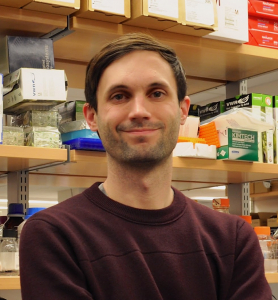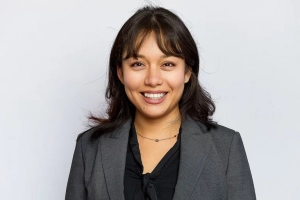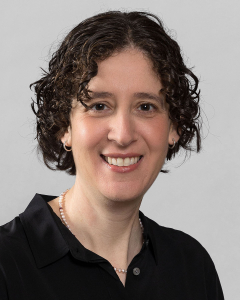Immunity, Microbes, and Molecular Pathogenesis (IMMP)
The Immunity, Microbes & Molecular Pathogenesis (IMMP) Home Area offers students an inspired training program that focuses on the study of pathogens, host-pathogen interactions, microbial physiology, and the immune system. More than 60 faculty and 40 students participate in the IMMP program. The immunology group studies the innate and adaptive immune response and seeks to exploit the immune system to discover new therapies for a broad array of diseases, from infections to immune-mediated disorders and cancer. The pathogenesis group studies the molecular mechanisms of pathogenesis and host-pathogen interactions for a wide variety of viruses, bacteria, and parasites that cause substantial morbidity and mortality worldwide. The microbial physiologists study the metabolic and regulatory networks of microbes, and determine how their diverse and often extreme environmental adaptations result in unique biological systems. Collectively, the IMMP laboratories use multidisciplinary approaches including microbial genetics, molecular imaging, structural biology, genomics/proteomics, and in vivo models to understand basic biological mechanisms and then use this knowledge to combat human infections and diseases.
The IMMP program provides a diverse, inclusive, rigorous, and enthusiastic training program that enables our students to make a direct impact on human health and the environment. Our graduating students go on to successful careers in many different scientific areas, including but not limited to careers in academia, industry, and government. We encourage applicants from diverse backgrounds to apply to the IMMP program. For questions about the program, please contact the Home Area Director, Dr. Elissa Hallem.
*To apply to the IMMP Home Area, select “Bioscience PHD – Immunity, Microbes, and Molecular Pathogenesis” as your academic major in the UCLA Application for Graduate Admission.
Questions about the application process? Contact us!












